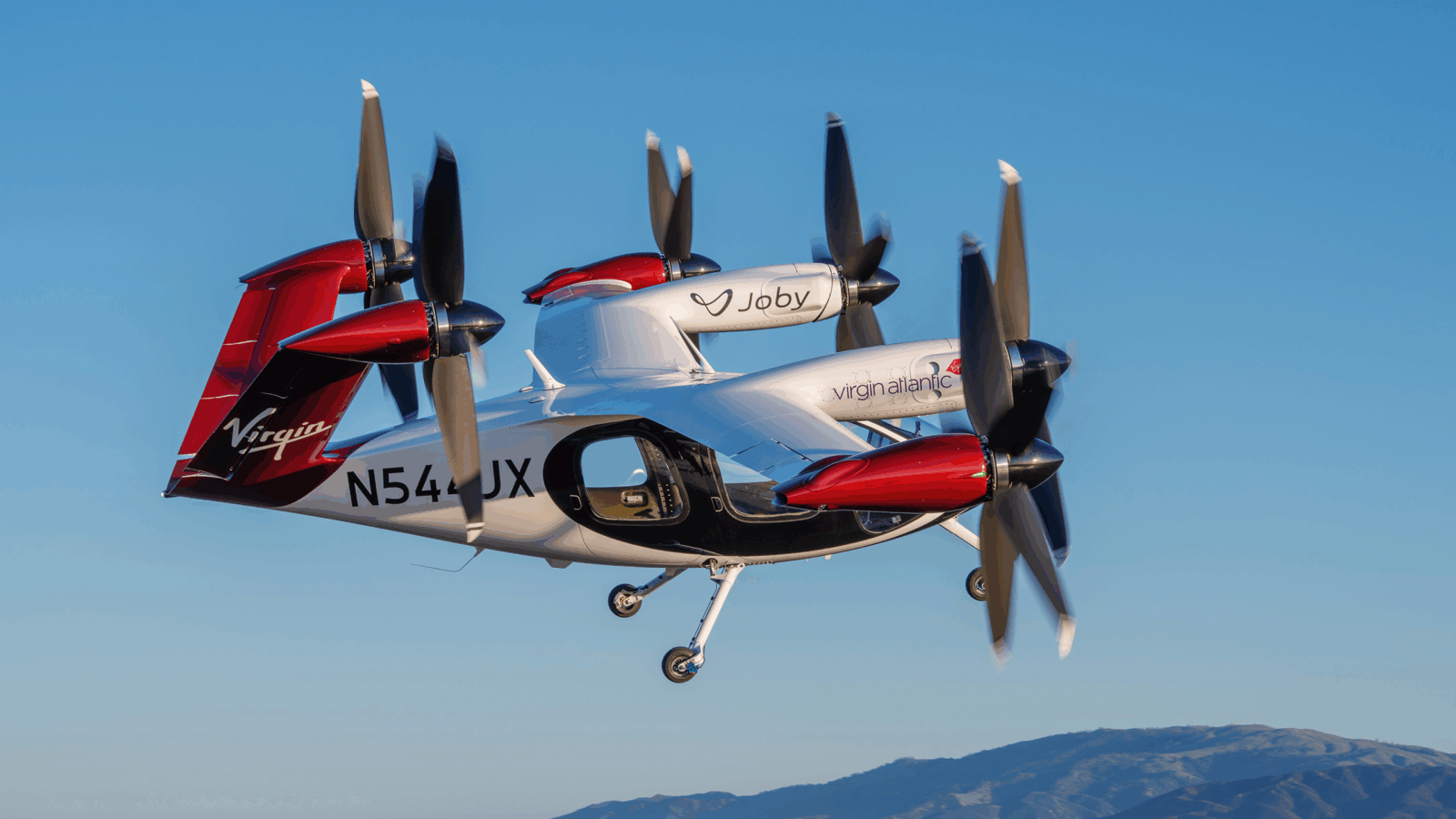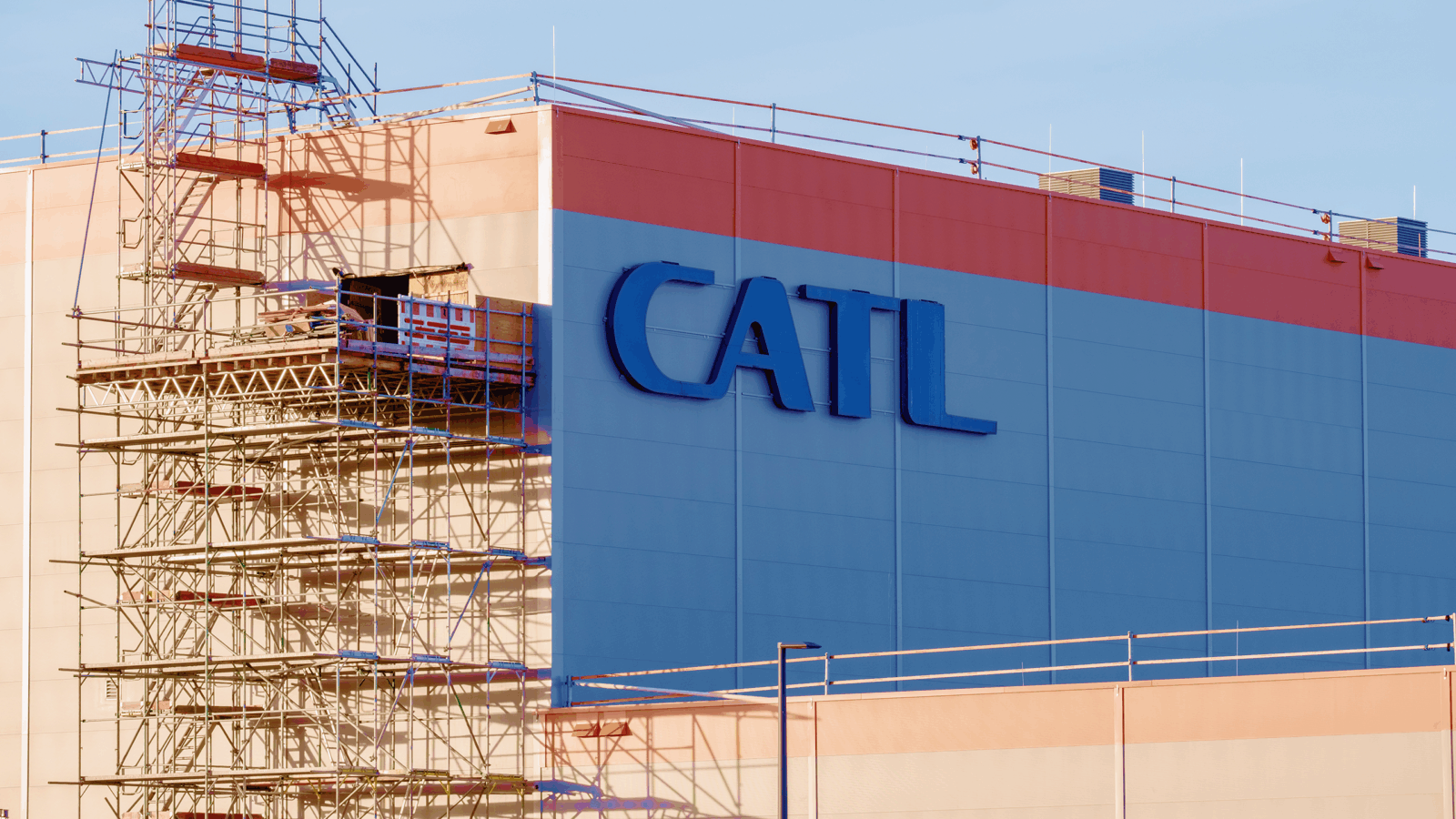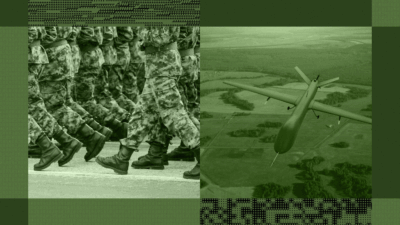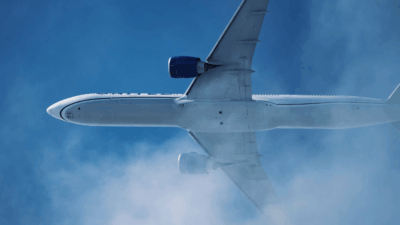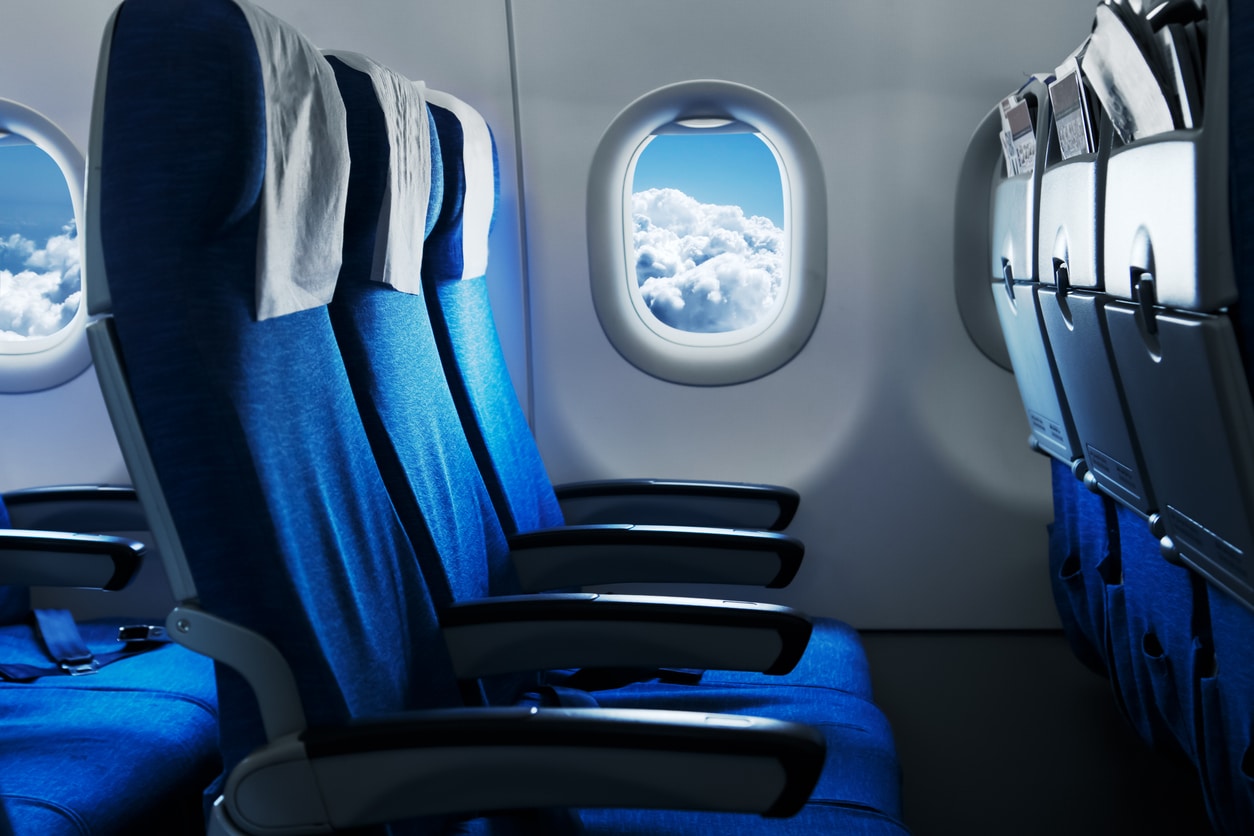
Sign up for smart news, insights, and analysis on the biggest financial stories of the day.
Remember the days when some flights were only half-booked? Those were the glory years compared to what the European aviation industry is experiencing this winter.
Due mostly to the Omicron wave, flight demand has plummeted in the EU. But an arcane rule dictating gate access rights is incentivizing European airlines to keep flying anyways. The result: thousands of meaningless, passenger-free, so-called “ghost flights” are haunting Europe’s skies.
Undead Spirit Airlines
European Commission rules typically require airlines to use 80% of their designated takeoff and landing “slots” at airports, or risk their entire slate of slots being reassigned to another airline. But because projections show air traffic this winter would only be at roughly 77% of pre-pandemic levels, the Commission dropped the slot completion threshold to just 50%, with plans to increase it to 64% at the end of March.
The intention was to grant airlines flexibility and drastically reduce the need for ghost flights. But, so far, the adjusted rules haven’t gone far enough:
- Belgian newspaper Le Soir reported last week that Brussels Airlines is running around 3,000 ghost flights this winter to maintain its slots. Brussels’ German carrier parent company Lufthansa has warned it may be forced to fly 18,000 ghost flights total.
- The International Air Transport Association, a powerful trade group representing 300 airlines operating 82% of global air travel, called the EU’s 50% threshold “out of touch with reality.” The IATA’s own flight capacity projection is far grimmer than the EU’s, predicting just 34% of 2019 travel rates.
The European Commission is now considering extending the 50% threshold through the Summer, the Brussels Times reports.
Dog-Eat-Dogfighting: Long-haul routes and major airlines, in particular, are feeling the crunch of decreased demand. The IATA projects long-haul EU bookings at just 20% of 2019 levels. Amid the chaos, upstart challengers like Ryanair and Wizz Air have been able to adapt to the new reality quicker than the Goliath competitors, and have been operating at close to 2019 levels.




